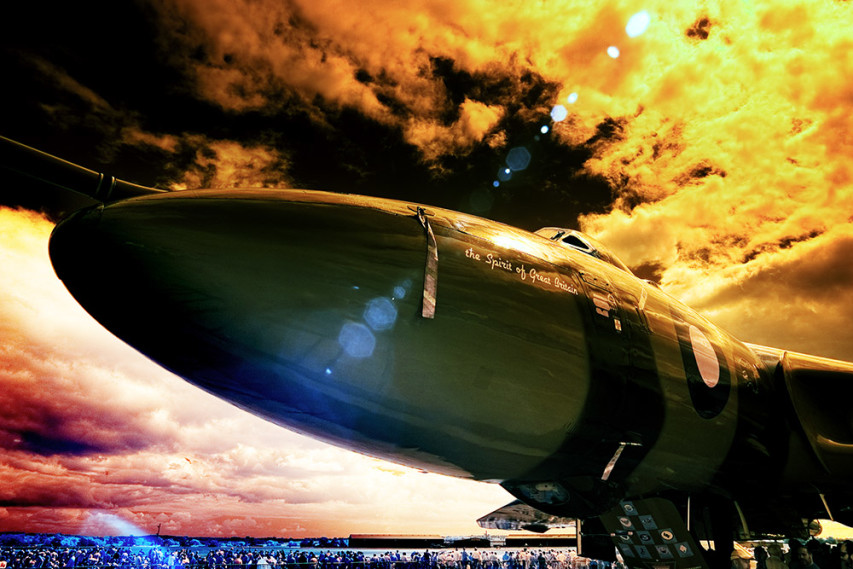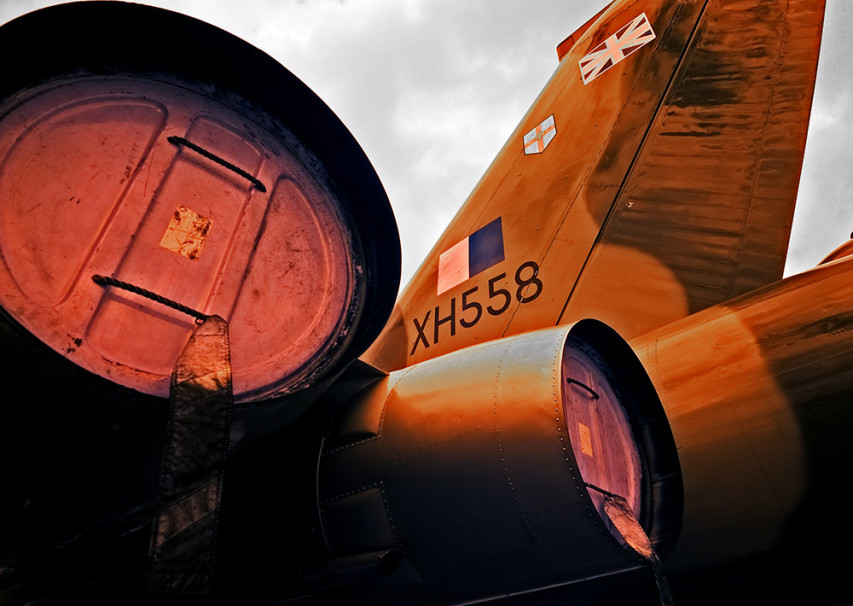When I was little, one of my favorite times in history class every year was when we studied the Spanish occupation.
From 1560 to 1640 and due to some truly gifted stupid actions of Portuguese kings, the throne of Portugal was occupied by the Philips. The first Philip was the famous Philip of the Armada.
Now the throne of Portugal was acquired as legitimately as any other succession at the time and more legitimately than most. Technically Philip was the late King Sebastian’s nephew. (And possibly first cousin, uncle and grandfather. There is no word on whether the royal lines of Portugal and Spain could play the banjo really well, but if they didn’t it was only because they didn’t have banjos.)
However by the time I studied the occupation or “usurpation” EVERY year of elementary school, great indignation was built towards the Philips. One of the reasons I really liked that lesson is that our prim and elderly school marm would instruct us to bring out our crayons and deface our pictures of Philip of Portugal and Spain. (And for those cringing about destruction of school property, in Portugal you buy your school books. You can sometimes buy them used or inherit them from a sibling — not me, my brother was much older than I and books had changed — but in general everyone from the richest to the poorest bought the school books. I rather suspect, now I think about it, that this keeps the Portuguese publishing system working.)
The reason they were hated, the reason we were instructed to deface the pictures was that while occupying the Portuguese throne, perhaps because they were sure it wouldn’t last, or perhaps because they wanted to reduce the proud and independent spirit of the Portuguese (from their perspective the last of the small kingdoms in the peninsula to be swallowed by the Spanish leviathan) the Philips seemed to go out of their way to destroy all Portuguese interests, possessions and wealth, as well as the Portuguese standing with their allies and the world.
It’s been a long time, and mostly I spent my time studying how to deface a picture, but I remember the Spaniards broke the Portuguese alliance with the English which had lasted almost since before there was England, and save for that interruption has lasted to present day. This meant Portuguese ships could fall prey to the British privateers. They also failed to adequately defend Portuguese colonies and gave some of them away as dowry to Spanish Princesses or perhaps party favors.
There were other things, and the rule must have been felt even at the time as disastrous because particularly in the North a cult of the “King who will return” (in this case King Sebastian, young and possibly nuts or at least a really good banjo player, since his mother was the upteenth Spanish princess the Portuguese kings had married in a row.) He died in a futile attack on the North of Africa (there’s taking the fight to the enemy and then there’s nuts) which left the kingdom without a king. Save the Spaniards.
For years, and then centuries, adding an element of fantasy, the legend grew that he had not died and would return “one foggy morning.”
I must have had a fantastical or romantic bend from early on, because one of my favorite songs was by a group called 1111 (Ah ah) which sang about King Sebastian and how they’d found his horse and pieces of his doublet, his sword and his heart, notwithstanding which he’d come back in a foggy morning to lead the half mad seers and witches of the foggy Northern lands. (Represent, I say, represent.)
However, no matter how bad the Spanish occupation was, in that morality tale it became the inflection point at which Portugal stopped being amazing and became beaten down and down and out. At that moment (even though colonies and empire remained) Portugal was broken in the eyes of the world and in its own eyes.
 Last night’s game was carried on the NFL Network, so I actually got to hear Paul Allen (the “voice of the Vikings”) instead of the usual network announcers. It was the second preseason game for the Vikings, but the first for Tampa Bay and the very first game action for the Buccaneers’ new starting quarterback, first overall draft pick of the 2015 draft, Jameis Winston (which was probably the reason the game was being shown on the NFL Network, now that I think of it).
Last night’s game was carried on the NFL Network, so I actually got to hear Paul Allen (the “voice of the Vikings”) instead of the usual network announcers. It was the second preseason game for the Vikings, but the first for Tampa Bay and the very first game action for the Buccaneers’ new starting quarterback, first overall draft pick of the 2015 draft, Jameis Winston (which was probably the reason the game was being shown on the NFL Network, now that I think of it). 





